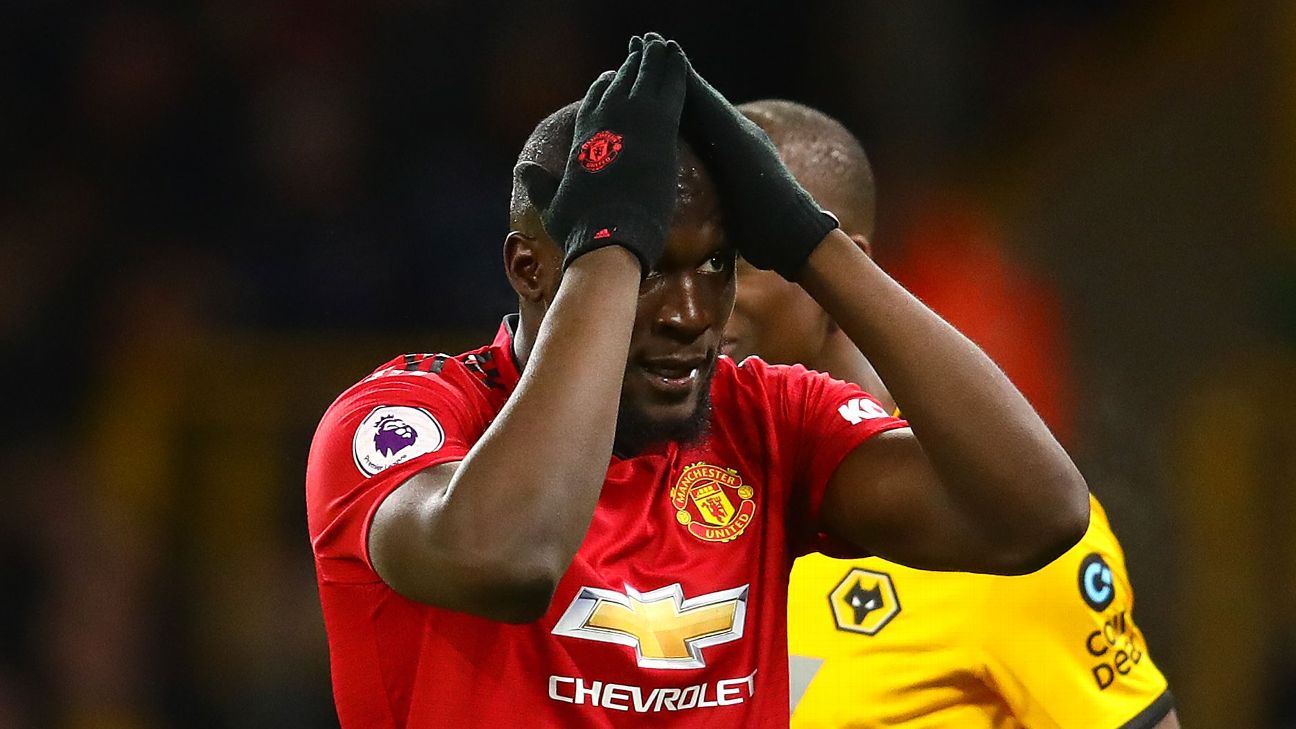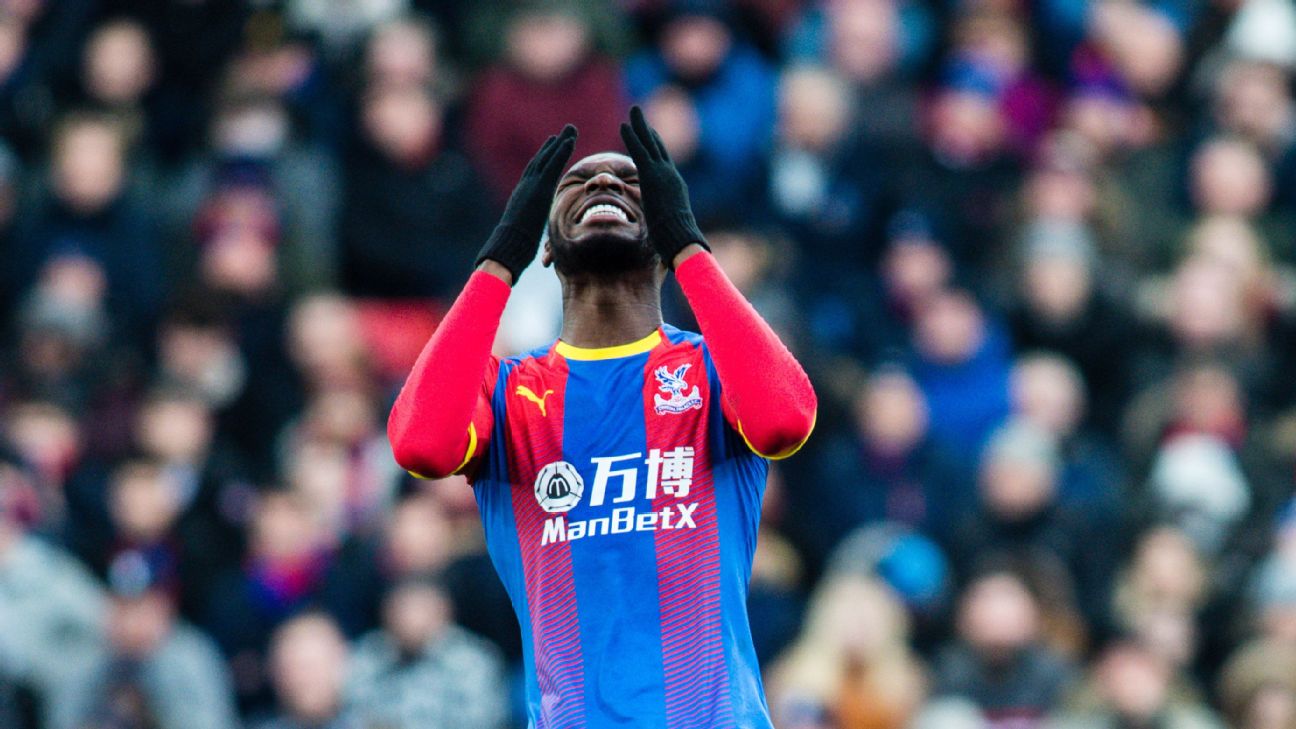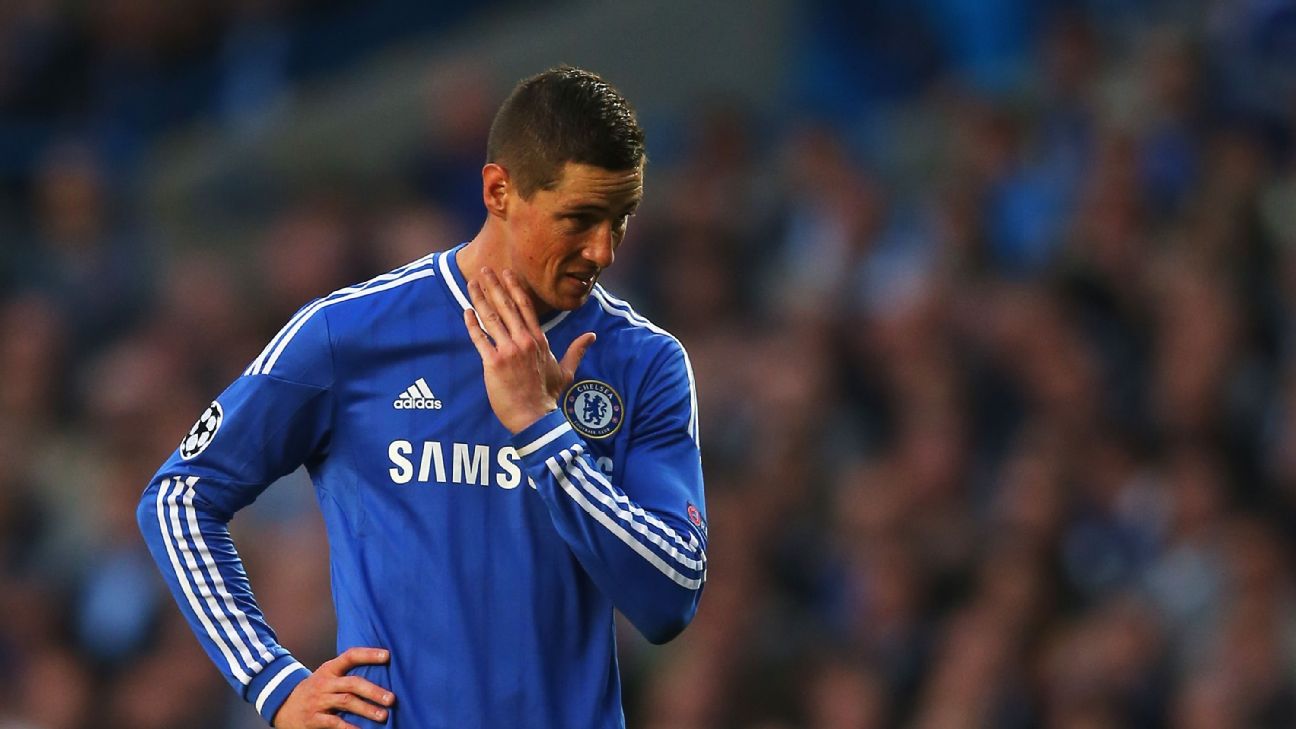
Fernando Torres was struggling. Having scored 72 goals in his first three seasons at Liverpool, he had found the net just once in the first 10 games of what would turn out to be his final half-season at Anfield, in 2010-11.
With Torres’ confidence through the floor, his Liverpool manager at the time, Roy Hodgson, tried something unusual to get the goals flowing again for the Spaniard. In training games, according to an interview with former Liverpool defender Daniel Agger a couple of years ago, Hodgson arranged a drill where eight forwards would face just two defenders, allowing them to score more in an apparent attempt to boost the striker’s flagging self-belief.
It didn’t exactly work. Torres scored another eight goals before Chelsea paid £50 million for him that January, after which his form fell even further. Torres would later describe this period as the equivalent of “swimming with your clothes on.” But it’s tough to blame Hodgson too much. The form of strikers is one of football’s most delicate and crucial balances and anything is worth trying in an attempt to get it back.
The notion of “form” for strikers is as fragile as it is intangible.
Torres is far from alone. There’s Romelu Lukaku, Manchester United’s expensive forward and owner of two significant scoring droughts this season, going six weeks without a goal either side of a brief reprieve in form that saw him net six in three games. Or Southampton’s Shane Long, who’s scored in back-to-back games to snap a run that saw him score just three times in the Premier League since February of 2017. Or Luis Suarez, who has just one goal in his past 20 Champions League matches.
It doesn’t even have to be a big drought to capture the headlines. Remember the pressure applied to Mohamed Salah following his remarkable 2017-18 season? Despite racking up 19 goals and seven assists in the league this season — and 24 goals in all competitions for Liverpool — more was made of his eight games without a goal from Feb. 9 to April 5.
And finally, take Christian Benteke: his goal in Crystal Palace’s win over Arsenal on Sunday was his first since April 28, 2018, when he netted in a 5-0 win over Leicester. His first strike in 20+ league matches was a joy to watch, given that the decline of a man who was once such a feared marksman for Aston Villa has been as precipitous as it is heartbreaking to watch.
“He’s certainly trying his best to get that goal,” said his current manager Hodgson in October. “Really, all we can do is keep working at it and encourage him to keep his game going but, of course, psychologically these things do matter and do have an effect on players.”
If that makes you want to give Benteke a hug and a high five, you’re probably not alone but in truth, some strikers never recover from a period of bad form, or loss of confidence. Take Alan Smith, the former Arsenal striker, who won the Golden Boot in 1989 and 1991 but by 1992 was stuck in a rut he would never really recover from.
Collapses in form can be triggered by anything or nothing but in Smith’s case, it was the arrival of fellow striker Ian Wright, who changed the way Arsenal played away from the structured style that Smith thrived in.
“You couldn’t really knock him when he was putting the ball in the net all the time,” Smith tells ESPN FC, taking care not to blame Wright, but the change in approach affected him to the point that his confidence disappeared.
In his recent autobiography “Heads Up,” Smith wrote: “I began snatching at chances I would normally tuck away without even thinking. Next to Wrighty’s lethal marksmanship, my miskicks and fumbles felt totally embarrassing. I wanted the ground to open up and swallow this shadow of a striker who started to dread the prospect of finishing practice.”
A goal scorer’s job is to be the man to whom everyone looks to win the game, so when that role is altered, it can have a calamitous impact.
“I just tried to fit around it all, which I did find difficult,” says Smith, and once a striker gets into that negative mindset, even relatively innocuous-seeming things can become inflated. For example, Smith recounts the time Kevin Campbell, then a youngster who had not long broken into the Arsenal first team, arrived at training in a new Mercedes with a “KEV 9” number plate. But nine was Smith’s number: was this young upstart muscling in? Was he being replaced? Is this the end?
“It’s not a big thing, although at the time it felt like a big thing,” Smith admits, but it’s easy to see how seemingly minor things can creep into a striker’s head when pessimism has already taken hold. “Looking back, I was probably looking elsewhere to blame somebody else, when I should have been looking at myself.”
When form has disappeared and confidence is low, the cycle becomes self-perpetuating. “You stop making the runs because you stop believing in yourself,” former Manchester United striker Andy Cole told ESPN earlier this year. “I’ve been in that position… psychologically you don’t really want the ball.”
Smith agrees. “You’re not quite sure what you’re supposed to be doing, and almost dreading chances coming to you because you’re not [confident] at all. Shying away from getting into those goal-scoring positions is the worst thing you can do.”
That last point is the key one. A player will stop taking up the positions because they think they will miss, but not taking up the positions virtually eliminates the possibility of scoring and thus regaining confidence. Before long, that avoidance becomes obvious.
Bristol City manager Lee Johnson has worked with dozens of strikers in his six years as a coach and can quickly spot when a striker is hiding. “We’re built to spot body language and signs,” he says. “You can look at someone’s eyes to see if they’re glazed over or responsive. And you can quantify it now with statistics. The problem is when players go into their shell after perceived failure.”

Of course, it is possible to correct problems like this, and many players turn to sports psychologists for help. Dan Abrahams is currently Bournemouth’s lead psychologist and has worked with numerous Premier League and international players, often after they have found themselves in a rut and can’t correct things on their own.
“The first port of call is to start having a conversation about what they look like when they’re at their best,” Abrahams tells ESPN FC. “What are they doing, what runs they’re making, what their movement’s like, and just trying to break that down into simple statements or key words. For example a striker might say ‘I’m alert and lively,’ so you build a mental structure around those words.
“That often makes a massive difference on the pitch, because they walk onto the pitch thinking ‘I just want to look alert and lively today. I know what that looks like, and feels like. That’s how I will judge myself today, and I won’t worry if I don’t score.'”
From there, a striker might relax and the physiological consequences of low confidence should lessen. “When you get stressed you get desperate,” says Abrahams. “You go in the direction of frustration or anger, or you go the other way and get despondent. Your anticipation slows because your muscles are tight, and your decision-making slows.”
That’s basically what the layman might call “trying too hard.”
“Sport tends to be very paradoxical: the more you try, often the worse you perform,” Abrahams says.
Players might have these sort of conversations with managers, but when a striker is struggling then the manager will inevitably have to address it publicly. “I don’t think you can hide from the truth, whatever that may be,” Johnson says. “[When you speak in public] you’re talking to your player, not the press: it could be a conscious decision to say he’s falling short.”
Johnson emphasises what a delicate balance that is between knowing “you’ve got to keep an element of authenticity about what you’re saying,” while at the same time avoiding the “high-risk strategy” of actively criticising a player in public.
Ultimately, as outside observers it’s easy for us to forget that a striker in a barren run is in all likelihood going through significant turmoil. “I think people underestimate how tough it is to be a footballer,” Johnson says. “These boys are 0.0001 percent of people that play — they’ve already gone through a lot to get where they are.”
Torres went on to win the Champions League, score in the Europa League final and return to his boyhood club Atletico Madrid. Smith’s form never really came back and in his own words his career “largely dribbled to a close.” Who knows what will happen with Benteke.
But for all of them, this isn’t a discussion point or something to be mocked. For a striker out of form, football is not just their job but probably their passion too, and they’re failing at it in front of millions every week. They’re just looking for a way to stop that from happening.
